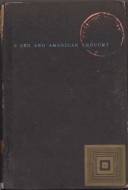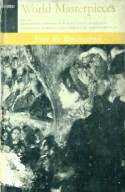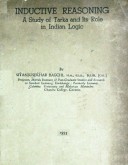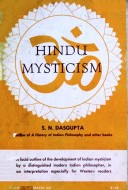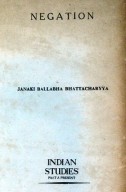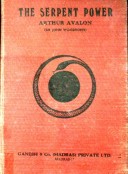Tìm Sách
Sách tiếng Anh-English >> Zen and American Thought
Thông tin tra cứu
- Tên sách : Zen and American Thought
- Tác giả : Van Meter Ames
- Dịch giả :
- Ngôn ngữ : Anh
- Số trang : 293
- Nhà xuất bản : University of Hawaii press
- Năm xuất bản : 1962
- Phân loại : Sách tiếng Anh-English
- MCB : 12010000004104
- OPAC :
- Tóm tắt :
Zen and American Thought
VAN METER AMES
Honolulu 1962 – University of Hawaii press
FOREWORD
Zen is vast. I am quite aware of limitation in speaking of it, beginning with ignorance of Oriental tongues. But Professor Daisetz Teitaro Suzuki has written so much about Zen in English as to have made English another Zen language, from which he is being translated into Japanese. I am grateful that I could discuss Zen with him on paper and in person. I have at least learned that Zen “does not depend on words and letters”, since it is “a special transmission outside the scriptures”; also that it is not necessary to attain or accept all that Zen is, or is said to be, in order to benefit from it.
The university of Hawaii (in 1947-1948) opened my eyes to the Orient, when I substituted for Professor Charles A. Moore during his sabbatical leave, and enjoyed being with another visitor, Fung Yu-lan. His course in Taoism led to Zen. Lily Pao-Hu Chong Winters helped to me follow. Harold E . McCarthy was my companion on the way.
On a Fulbright grant (1958-1959) I lectured on American philosophy in relation to Zen at the Soto Zen university of Koma zawa in Tokyo. I treasure my associations with students and colleagues there, especially with Professor Reiho Masunaga. His assistant, Mr. Kokan Sasaki, was helpful in many ways and ably put some of my articles into Japanese. Mr. James S. Yamada from California, working for years with Professor Masunaga, contributed much to my understanding. So did Dr. Kenneth K. Inada, now teaching in the philosophy department of the University of Hawaii. Fortunately for me he was studying at Tokyo university at the time, and greatly aided me with translating and interpreting. He subsequently anable me to avoid some of the mistakes in part of my manuscript. That the practice of Zen should carry ovet into the conduct of life, even in the modern world, was brought home in our discussion by the presence of Mr. Shinroku Inouye, a Zen devotee and man of responsibility in business.
CONTENTS
1. American and zen
2. The pursuit of happiness
3. From hume to paine to revolution
4. Jeffersonand freedom
5. Emerson : American Boddhisattva
6. Thoreau : Taoist in America
7. Whitman on democracy and death
8. The elder Henry James and equality
9. William James in quest of the self
10. Peirce and the use of signs
11. Royce and the absolute
12. Santayana and detachment
13. Dewey and Zen
14. Chinaand Chicago
15. Mead : no self is separate
Index
 Facebook
Facebook
 Google
Google
 Google+
Google+
